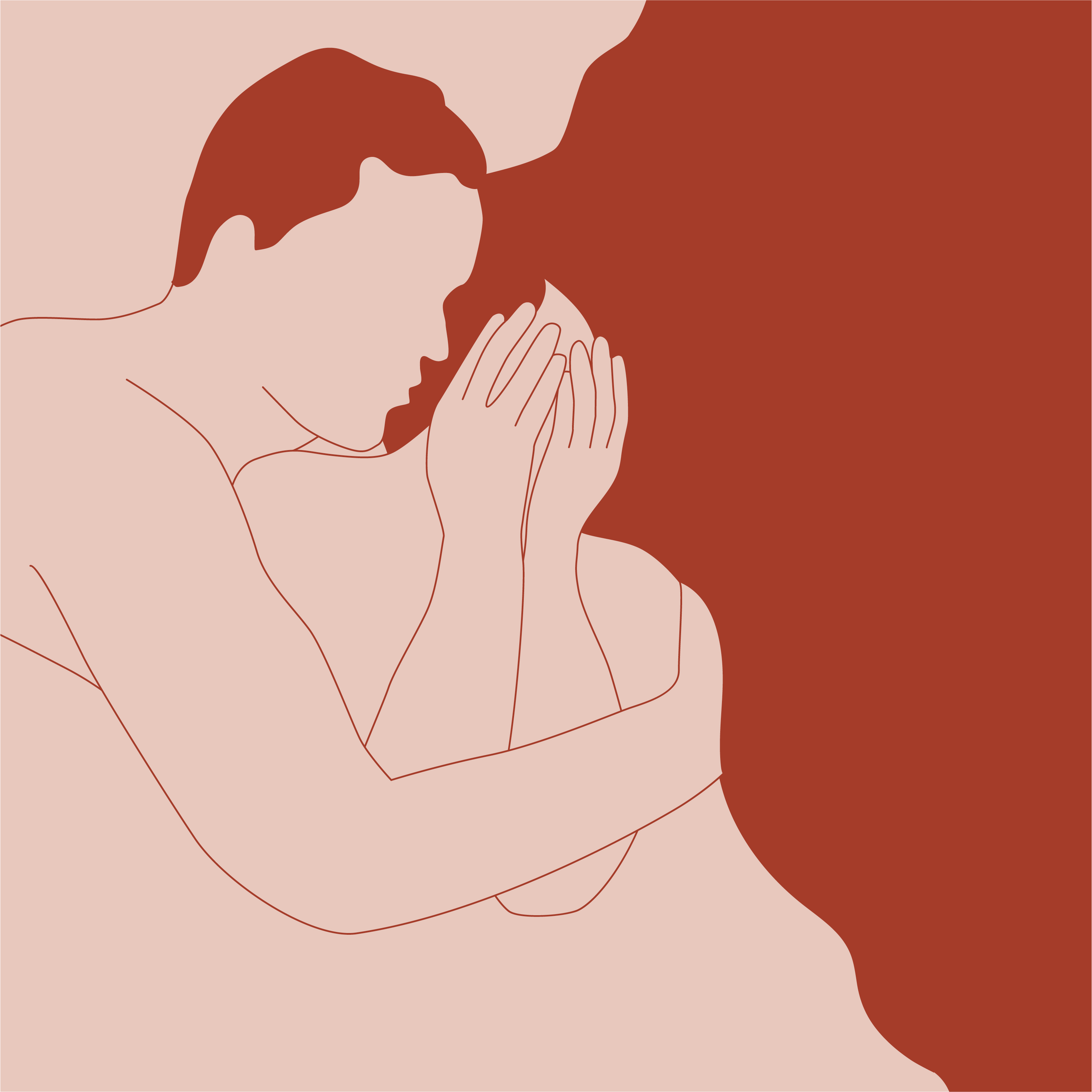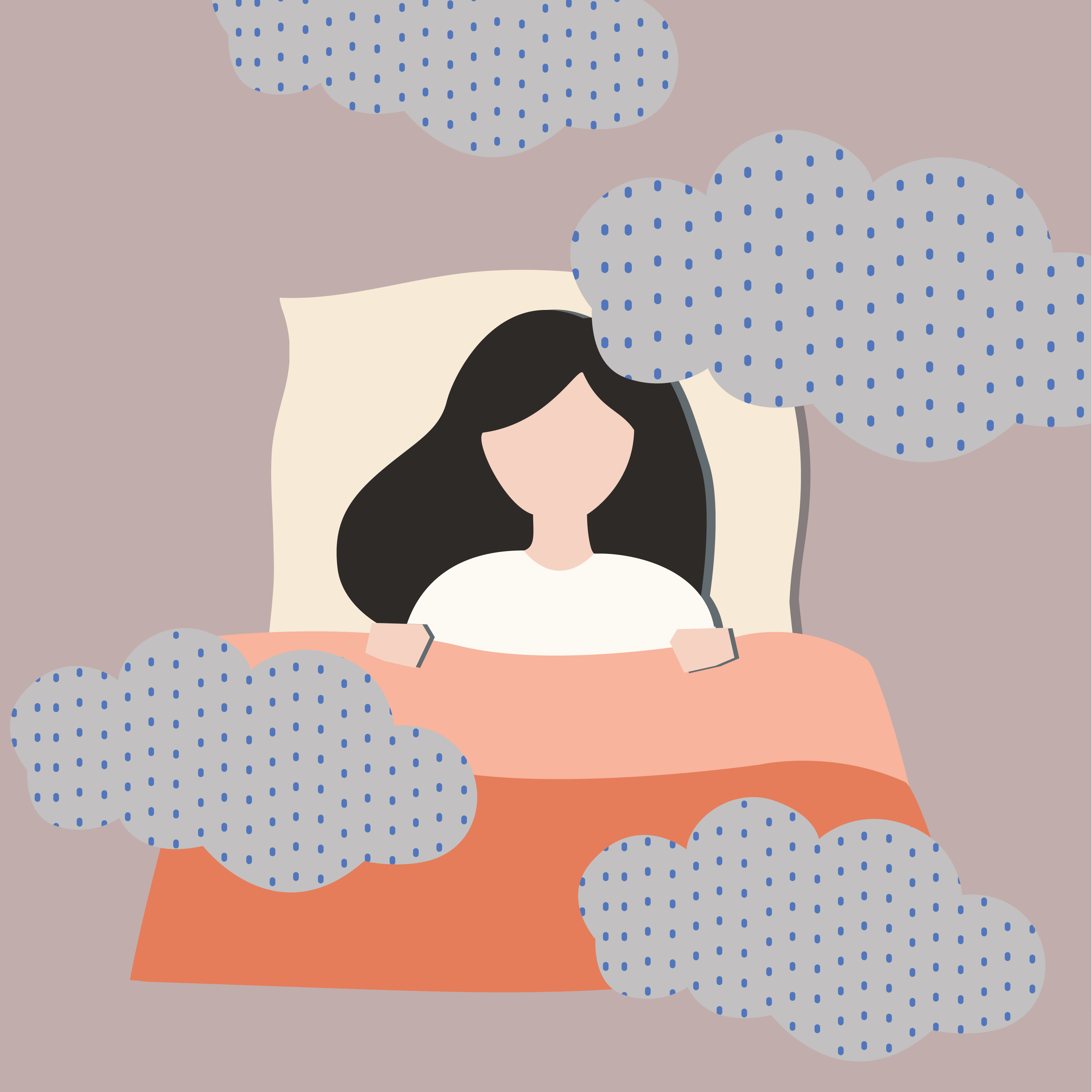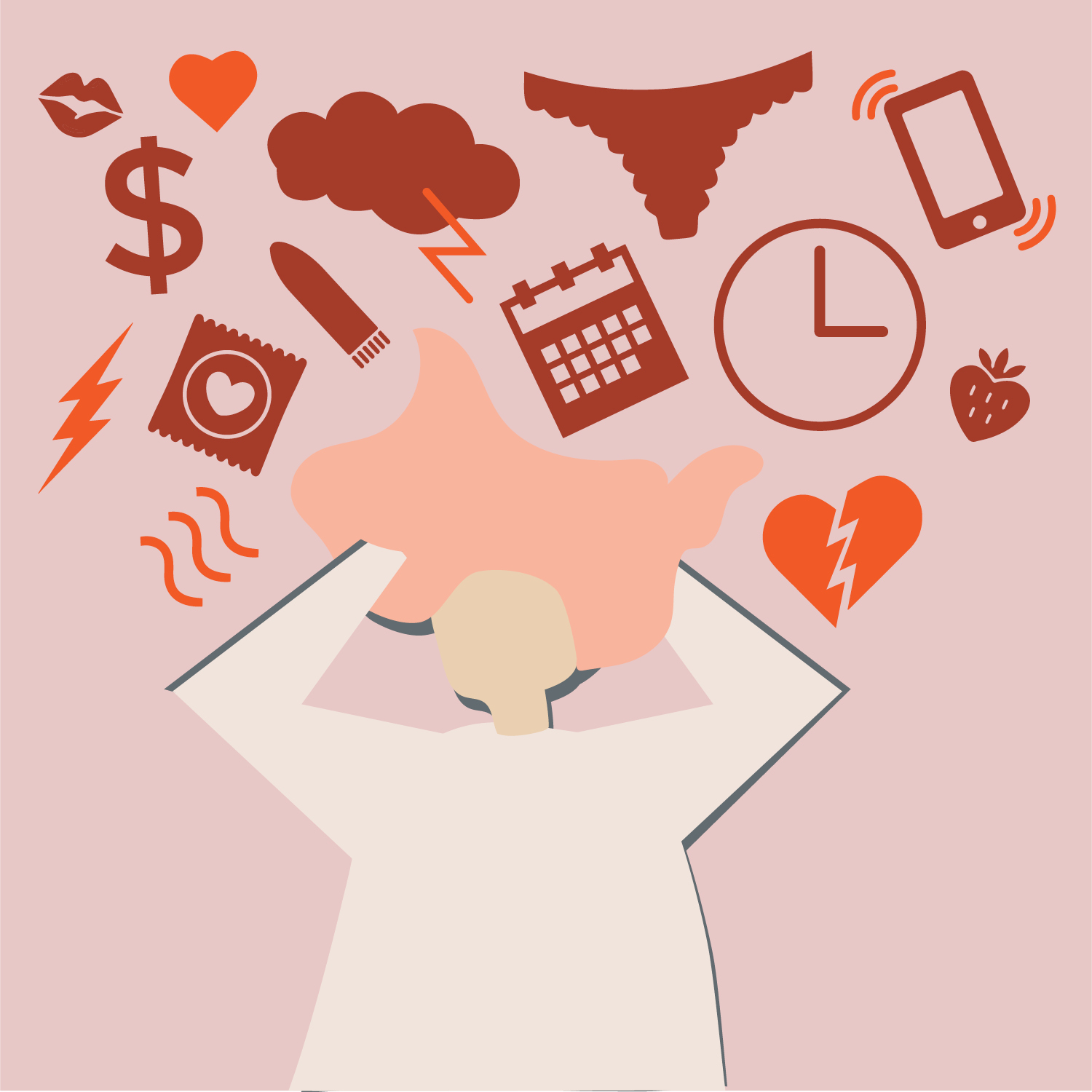Jan 20, 2017
EAT YOUR WAY TO HORMONE BALANCE ON YOUR PERIO
Food is such an everyday part of our lives that we forget it’s a natural medicine for health and wellbeing.
The food you eat provides your body with the building blocks to creating healthy hormones. Hippocrates once said “Let food be thy medicine and medicine be thy food.”
At time of month, one of the best ways we can support ourselves hormonally is to eat according to the four menstrual phases. Each phase triggers different hormones and causes the body to respond in varying ways. Your emotions, skin, digestion, and stress are all connected to your period cycle and the estrogen and progesterone made by your ovaries. No wonder you feel on top of the world when your period has finished.
This guide will tell you exactly what to eat throughout the phases of your menstrual cycle.
MENSTRUATION PHASE
According to Traditional Chinese Medicine (TCM) our energy turns inward and goes through a cleansing process during this phase. It’s advisable to engage in gentle exercise.
- This is the time to have your comfort and warming slow cooked foods like casseroles, stews, soups, bone broth wholegrains and root vegetables.
- Your body needs to create a healthy new uterine lining so it is essential to get adequate amounts of slow-releasing carbs, good fats and healthy proteins.
- Balance your blood sugar levels by eating healthy carbs, don’t cut them out altogether, as it can lower your serotonin levels and leave you feeling depressed.
- TCM has a special focus on nourishing blood during this time. Replenish the lost iron by including grass-fed red meat, eggs, veggies like beets, greens (kale, spinach, bokchoi, silverbeet), lentils and beans in your diet.
- Add foods containing vitamin C to enhance iron absorption – these include broccoli, grapefruit, kiwi, leafy greens, melons, oranges, peppers, strawberries and lemons.
- Since the pH of blood is slightly alkaline, it is by alkalising your body that you may be able to rebalance your hormones. Apple cider vinegar with a small amount of raw honey will do the trick. Also highly alkalising are garlic, ginger and turmeric.
- AVOID: Alcohol, tobacco, caffeine, and refined sugars, hydrogenated fats and excess dairy as these products can make the body feel sluggish.
FOLLICULAR PHASE
Think of this phase as the pillar of your menstrual cycle. During this phase the endometrial lining in your uterus builds and you grow what is called a dominant follicle. This is all thanks to a hormone called the Follicle Stimulating Hormone which is produced in your brain and estrogen produced by the ovaries.
- It’s essential for your diet to include generous amounts of protein, fat, folic acid and vitamin B12 which are essential for building blood.
- Include beans, fish, eggs and meat in your diet.
- Cooked leafy greens help to re-mineralise the body after bleeding.
- Other food choices that are beneficial during this phase include nuts and seeds, flax, black sesame seeds; sweet fruits – especially berries such as goji berries, raspberries, blackberries, avocado, dates, figs, and apricots.
- Include sweet vegetables such as beets, carrots, sweet potatoes; and wholegrains such as oats, quinoa, buckwheat, oats, brown rice; legumes like black beans and kidney beans.
OVULATION PHASE
This is the favoured time of month for those trying to conceive. Ovulation is THE BEST time to turn up the heat because it’s when you’re most fertile. Remember that lone, mature follicle? On day 14 of your cycle, an egg will release, and that little egg will travel down your fallopian tube into your uterus.
- TCM focuses on nourishing and strengthening the kidneys during this time with warming foods.
- Warm and spicy foods such as cloves, cumin, cardamom, cayenne, ginger and cinnamon are very beneficial during this stage.
- To maintain hormonal balance eat several small meals throughout the day to stabilise your blood sugar levels.
- To keep the uterus warm and expel cold from the body add warming foods such as rice, oatmeal, parsnips, onion family (chives, onion, scallion, and leek), quinoa, chicken and lamb.
- For those trying to conceive, consuming organic pineapple (particularly the core) can assist with implantation.
- AVOID: Raw fruits and vegetables, cold and frozen foods.
LUTEAL PHASE
After releasing the egg, the ruptured follicle develops into a fancy structure which secretes the hormone progesterone. Progesterone causes the lining in your uterus to get even thicker to support a possible pregnancy. During this phase we want to support, nourish and nurture our hormones.
- It’s especially important not to give into sugar cravings.
- Eating slow-release complex carbohydrates will provide adequate nutrition for more energy and less slumps after meals.
- Keep your body hydrated and consume at least 8 glasses of filtered water per day.
- Minerals and essential fatty acids (found in flax, chia, hemp, sesame, and pumpkin seeds) balance the hormones to manage any undesirable PMS symptoms.
- Magnesium aids hormonal and blood sugar abnormalities and boosts progesterone levels. Eat foods like leafy greens, nuts, seeds, fish, beans, whole grains, avocados and bananas.
- Zinc is found in spinach, pumpkin seeds, oysters, grass-fed red meat and mushrooms, and is useful in managing skin breakouts.
- Bone broth is high in essential fats and should be consumed daily to support embryo development and potential implantation.
- Studies on caffeine and fertility are inconclusive, however caffeine is known to decrease blood flow to the uterus. Caffeine can increase anxiety and stress levels.
- AVOID: Alcohol. Clinical research suggests alcohol intake negatively impacts IVF success, is associated with a longer time to conception, an increased miscarriage risk, and can cause acute drops in sperm count.
Today we’re more likely to obtain the benefits of the food we eat if we have good digestion, regularly eat a range of nutritious foods, in a relaxed environment and choose from a variety of food groups. Paired with a healthy lifestyle, adequate exercise and managed stress levels, we can balance our bodies and regulate hormones.
Author: Dr Amanda Waaldyk from Angea Acupuncture & Yoga
Amanda is the founder of Angea Acupuncture & Yoga. A Dr of Chinese Medicine, Acupuncture and Fertility, her passion is to help clients create their inner goddess and fertility. Amanda assists women to get in touch with their bodies and prepare for the journey into motherhood – she loves seeing her clients with beautiful growing bellies!
Blogs

Jun 08, 2022
EXPLORING PERIOD CARE IN CULTURES AROUND THE WORLD
Our TOM Talks panelist Sabina McKenna explores how different cultures around the world approach period care.
Read More
Jun 08, 2022
STOP APOLOGISING FOR HAVING YOUR PERIOD
Our TOM Talks panelist Mel Mason talks about the importance of not apologising for having your period.
Read More
Jun 07, 2022
STRESSED? NOT SLEEPING? TRYING TO CONCEIVE?
TOM Talk's panelist Georgia Hartmann discussed the links between stress, sleep and fertility.
Read More
Jun 07, 2022
STRESS AND HOW IT AFFECTS YOUR SEX DRIVE
Certified sex coach Georgia Grace is here to unpack the link between stress and sex.
Read More